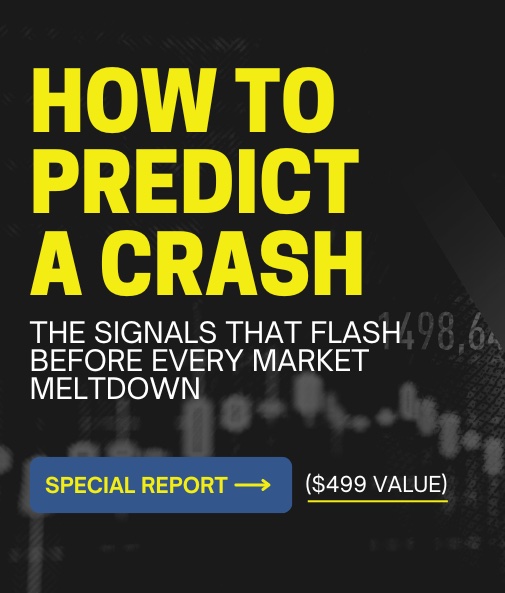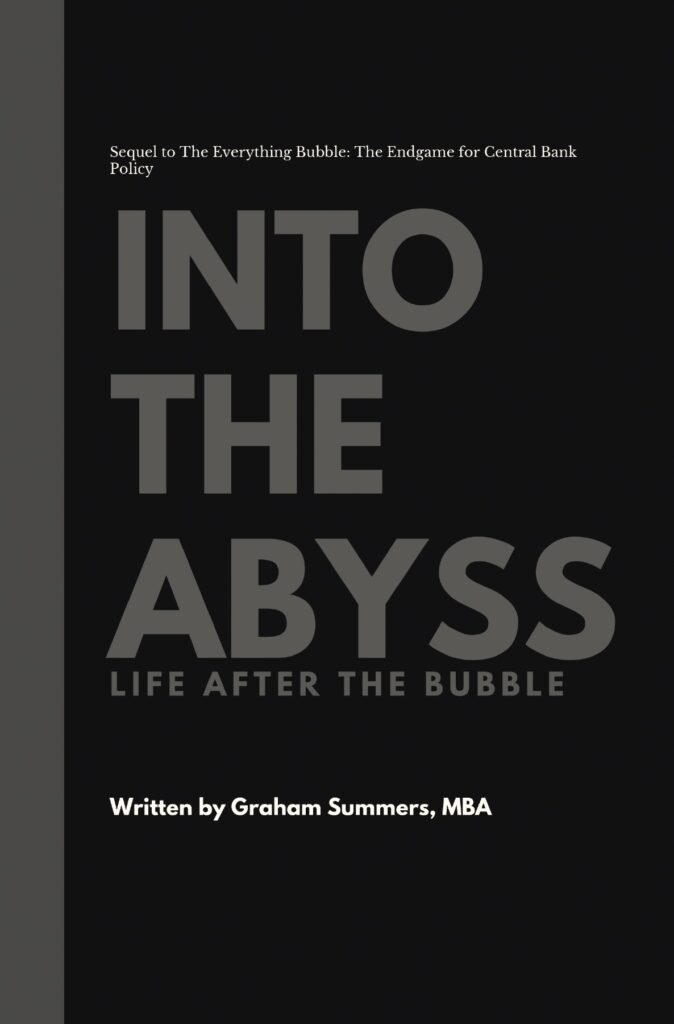Why is the financial world so messed up? Because it’s run by Central Bankers. And those folks view money very differently from the businesspeople who actually create businesses, jobs, and wealth.
For your average Central Banker, the professional relationship between money and risk is a distant one. This has much to do with the fact that your average Central Banker is an academic, someone whose income has been fixed based on his or her status at a particular academic institution (tenure vs. non-tenured).
Consequently, there is virtually no direct correlation between a salary increase and risk-taking or innovation. In academia, politics and the number of one’s publications (which is also a highly political process) are what determine one’s income, status, and power.
Compare this to an entrepreneur or small business owner (who comprise 70% of jobs in the economy and whose efforts ultimately lead to the creation of medium and even large businesses). For this group of people, money and risk are very closely related: every decision they make concerning spending capital comes with the risk of the loss of said capital and subsequent damage to their business.
In this environment, one thinks about money very, very differently from those in academia. Income and salary are far from guaranteed. For many entrepreneurs and small business owners (particularly in this economy) the security of a bi-weekly paycheck is non-existent. Moreover, business capital, once lost, is very difficult to rebuild.
Mind you, I am primarily focusing on entrepreneurs and those who create and grow businesses here. Most managers at pre-established, medium to large enterprises tend to avoid taking risks as their focus is on climbing the corporate ladder step by step. Thus they tend to avoid taking large risks or engaging in much innovation as the career risk of failure far outweighs the benefits of success. Yet even for this group, the chance of losing money for their employer makes the relationship between money and risk palpable (unlike academics).
To return to our Central Bankers, once one leaves academia to join a Central Bank, the salaries remain fixed (though they can be quite high: the Swiss National Bank’s head earns almost $1 million per year vs. Bernanke’s $175K per year). Thus, one’s personal relationship towards money does not change dramatically in the sense that one’s salary is still fixed. The only difference is that one’s power and influence are now so great that many life expenses (travel, luncheons and dinners, etc.) are covered by various institutions and no longer come out of one’s own pocket.
However, on a professional level, your average Central Banker’s relationship to money has changed completely. Money is no longer simply a data input for a formula to be tested on economic models. It is now literally something that can be created out of thin air by the pushing of a button. And that money can be sent into the economy or banking system permitting a real-time real-world execution of one’s academic theories/ economic models.
One can only imagine the sense of entitlement and power this situation would create, particularly for those who have never worked in the private sector or started a business and thus haven’t participated in actual wealth generation.
I raise all of these issues because they go a long way towards explaining the unbridled arrogance of the ECB’s recent Greek bond swap. The details of the swap are as follows: the ECB simply exchanged 50€ billion worth of old Greek sovereign bonds (which were soon to be worth much less if not be outright worthless) for 50€ billion worth of new Greek sovereign bonds which would not be exposed to default risk or any kind of debt restructuring (unlike those bonds held by private Greek bond holders).
I want to mention here that the ECB only owned about 50€ billion worth of Greek sovereign bonds to begin with. So they exchanged roughly ALL of their exposure to Greece to new bonds that will not lose money during a restructuring or default.
The message here is clear: all private investor sovereign bond holdings are now subordinate to those of the Central Banks/ the IMF.
So what kind of impact do you think this will have on the bond markets? What about bond managers who now know for a fact that their holdings subordinate to the Central Banks’s and that the latter group can change the rules of the game any moment they want?
More importantly for today’s market… there’s no way the ECB pull this same act again for its other PIIGS bonds? Over a quarter of the ECB’s balance sheet is PIIGS’ debt. You think the bond market would put up with another swap like this? No way.
In plain terms, we’re fast heading into a situation in which even the Central Banks are at danger of blowing up (how could the ECB stomach the losses of its PIIGS exposure without going belly-up? Heck it’s leveraged at 36 to 1!).
This leaves Germany as the final potential backstop for the EU. But Germany doesn’t want anything to do with it. It’s making demands that it knows Greece won’t meet. And it’s said point blank it won’t pony up more cash for the ESM mega-bailout fund.
The reason is simple. Germany wants Greece to leave or it will walk out of the Euro. In fact, I’ve found the “smoking gun” that proves Germany is ready to walk out of the Euro at any point. I guarantee you 99% of investors don’t have a clue about this as the mainstream media has completely ignored this development. But I subscribers of my Private Wealth Advisory newsletter are aware of it and have already established several trades to prepare for it.
So if you’re looking for actionable advice on how to play this situation (and the markets in general) I suggest checking out my Private Wealth Advisory newsletter.
Private Wealth Advisory is my bi-weekly investment advisory published to my private clients. In it I outline what’s going on “behind the scenes” in the markets as well as which investments are aimed to perform best in the future.
My research has been featured in RollingStone, The New York Post, CNN Money, the Glenn Beck Show, and more. And my clients include analysts and strategists at many of the largest financial firms in the world.
To learn more about Private Wealth Advisory… and how it can help you navigate the markets successfully…
Graham Summers
Chief Market Strategist




